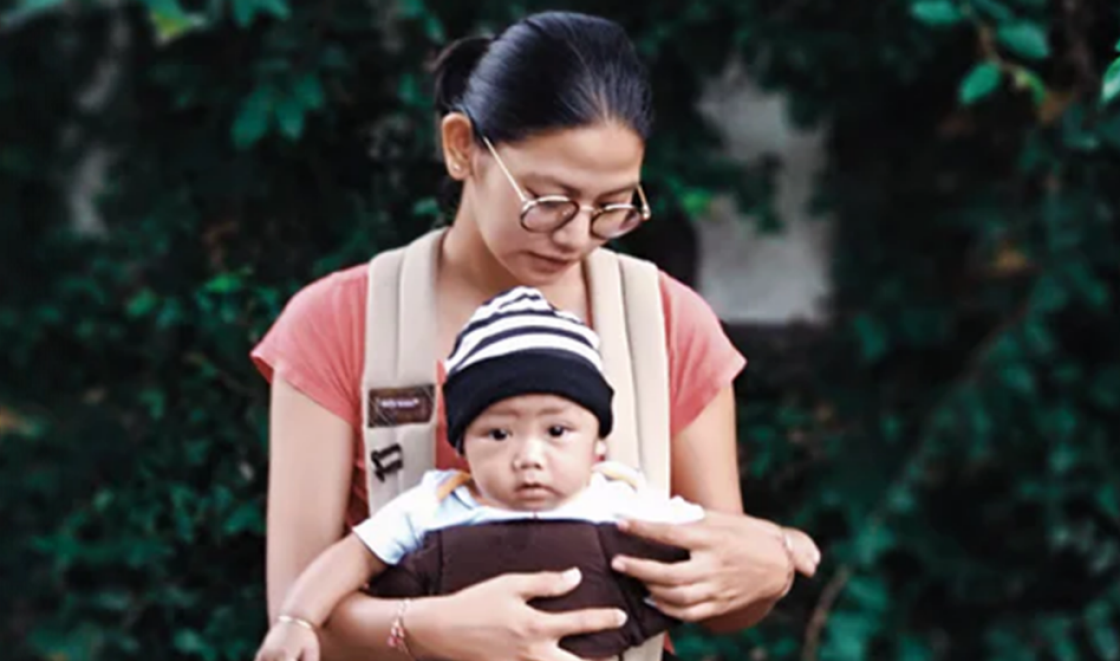The changing maternity care study: How has virtual and remote care changed maternity care practices during Covid-19?
The Covid-19 pandemic has forced dramatic changes to the way routine healthcare services are able to deliver care.
The Covid-19 pandemic has forced dramatic changes to the way routine healthcare services are able to deliver care.
Maternity care has been heavily effected with reduced face-to-face appointments, limited to no homebirth facilities, reduced continuity of carer, a rise in virtual appointments, and a reduction in the number of people pregnant women are allowed to bring with them to their antenatal appointments, the birth of their child, and the postnatal ward.
The pandemic has also repeatedly put frontline healthcare professionals at risk of infection from the virus as they go about their jobs in the community and in hospitals.
This study aims to better understand the experiences of women who gave birth during the COVID-19 pandemic and maternity healthcare professionals delivering care their care.
The COVID-19 pandemic poses an additional risk factor to maternal morbidity and mortality. The risk for pregnant women infected with COVID-19 remains unknown. There are reports of preterm birth [PTB] and stillbirth associated with severe maternal illness, but effects on the growing foetus remain unknown. In a few Chinese cases, the virus was not detected in foetal or neonatal samples, however a newborn in the UK tested positive for COVID-19 minutes after birth to a mother with severe respiratory distress. Co-morbidities remain unexplored although outside of pregnancy, hypertension is reported to be a risk factor for COVID-19-related morbidity and mortality.
Furthermore, the COVID-19 pandemic poses additional risk to healthcare professionals who have continued to work to deliver routine care in hospital and community settings, whilst battling the coronavirus. Given the nature of maternity care, maternity healthcare professionals would usually have regular contact with pregnant women, their partners, or birth supporters, and their children – both previous and the one(s) to which they are about to give birth. Due to the changes in maternity care in the UK during the pandemic, maternity healthcare professionals have had to adapt to new ways of working, which have not previously been explored.
It is also known that people from Black, Asian, and Minority Ethnic [BAME] backgrounds are at increased risk of contracting more severe symptoms associated with COVID-19, and are more likely to die from the virus. We are interested in how maternity healthcare professionals have adapted to new ways of delivering maternity care, and are especially interested in how BAME maternity professionals have experienced working to deliver maternity care during the pandemic.

This project aims to:
This is a cross-sectional study of women who give birth in south London during the COVID-19 pandemic outbreak and Government-instituted lockdown restrictions (i.e. since March 2020 onwards). Women who have recently given birth will have the opportunity to be interviewed about their experiences of how their antenatal care changed, what their experience of birth was like, and about their experiences of the postnatal period and being a new mum during the pandemic.
Healthcare professionals who have been working throughout the pandemic will have the opportunity to be interviewed about their experiences of how their delivery of antenatal care changed, what their experience of delivering babies during the pandemic (i.e. with PPE) was like, and about their experiences of delivering postnatal care to new mums during the pandemic. The study will attempt to find out what women and healthcare professionals thought was good about maternity care during the pandemic, what procedures might be advisable to keep, and likewise what women and healthcare professionals did not like about the care they received or delivered during the pandemic.
South London is home to one of the UK’s most diverse populations and houses some of the most deprived postcodes in the capital. Previous research has shown Black, Asian, and Minority Ethnic [BAME] women and babies and those with high levels of social complexity and/or deprivation are more likely to have worse outcomes during pregnancy and after birth. This study builds on a programme of work to try and understand these outcomes better and recommend improvements to health services and care to strive for better outcomes for BAME women and babies, as well as those living with high levels of social complexity.
The study is being led by the Department of Women & Children’s Health at King’s College London, and was funded by King’s College London via a King’s Together Seed Fund grant. It was adopted by ARC South London in June 2020 and will be completed by December 2020.
To take part in this research, please e-mail: